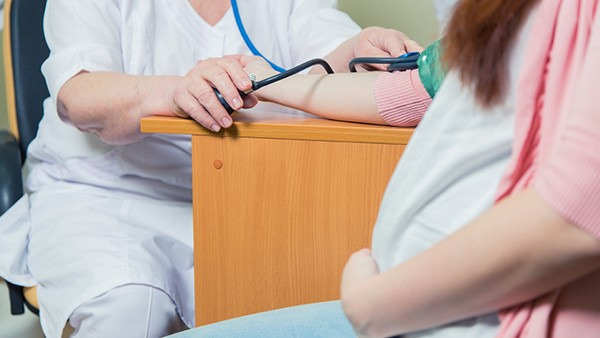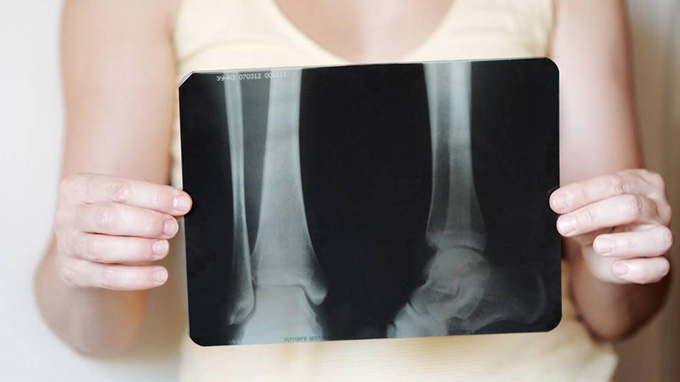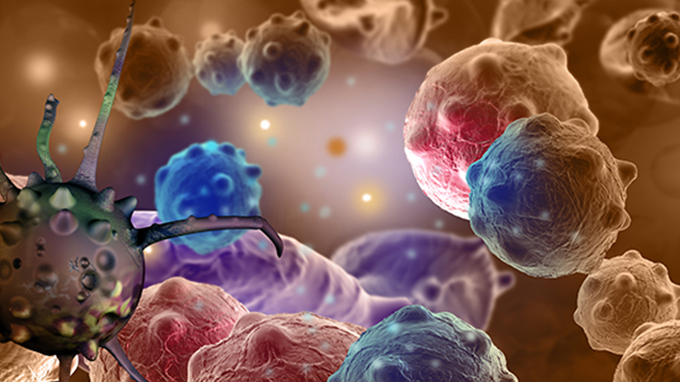Who is most susceptible to pregnancy with hypertension
High risk factors for pregnancy with hypertension include: elderly pregnant women: over 40 years old; obese patients; patients with diabetes or chronic nephritis; family history of hypertension in pregnancy; patients with positive anticardiolipin antibodies; twin pregnancy; first pregnancy Pregnancy age is younger: 15-16 years of first pregnancy; pregnancy interval is greater than 10 years; pregnant women with systolic blood pressure ≥130mmHg or diastolic blood pressure ≥80mmHg have a higher chance of developing hypertension in the later period.

Pregnant hypertension, which is during pregnancy The unique and common diseases of women are characterized by high blood pressure, edema, proteinuria, convulsions, coma, heart and kidney failure, and even maternal and child death. After it appears, it will have a serious impact on the body, so many people want to know who is most susceptible to pregnancy with hypertension?
Pregnant women (ie those who are pregnant for the first time), the age of the pregnant women is too young or too big (such as less than 18 years old or more than 40 years old), multiple pregnancy (common twins, triplets, quadruplets) Fetus, etc.) increases the chances of pregnant women suffering from this disease, who had a history of pregnancy-induced hypertension during the previous pregnancy or had family members (such as between grandmothers, mothers or sisters) who had this disease, or the pregnant women themselves had not been pregnant before Chronic hypertension, chronic nephritis, and diabetes are prone to pregnancy-induced hypertension. Researchers have also found that malnutrition is also a major cause of this disease. Because malnutrition may lead to folic acid deficiency, folic acid deficiency may lead to hypercoagulable blood, which may lead to pregnancy-induced hypertension.
Nutritional deficiencies can lead to hypoproteinemia in pregnant women, which in turn leads to edema, etc. At the same time, nutritional deficiencies can also lead to anemia, which further leads to insufficient blood and oxygen supply to the placenta, causing pregnancy-induced hypertension. Nutritional deficiencies can also lead to calcium deficiency, and calcium deficiency is also a cause of pregnancy-induced hypertension. Conversely, pregnant women should not eat too much, otherwise it will cause gestational diabetes, and diabetes will also cause pregnancy-induced hypertension. Therefore, a reasonable diet during pregnancy is the most important, and you should quit eating too much.
When pregnant women suffer from pregnancy-induced hypertension, small blood vessels in the whole body of the pregnant woman will spasm, so the blood supply of various organs of the pregnant woman''s system (such as heart, brain, liver, kidney, etc.) will be reduced. When the blood flow in the uterus is reduced, it can lead to ischemia and hypoxia in the placenta. Oxygen and nutrients cannot be fully delivered from the mother to the fetus in time, which affects the growth and development of the fetus in the uterus. The incidence is high, and the birth weight tends to be lower than normal babies, and it is prone to oligohydramnios, fetal abnormalities, and reduced fetal movement. In severe cases, fetal death can occur. Due to the serious illness of pregnant women, it is often necessary to give birth in advance to cause premature delivery, and the low survivability of premature babies increases the neonatal mortality rate.
Related Articles

- Does the joint synovium also produce "hernia"?
- In orthopedics clinics, chronic hip pain is very common. Most of the cases are hip osteoarthritis, hip synovitis, hip sprain, etc. However, for young patients with hip pain, due to differen
- 2020-08-03

- Celery leaves
- It is a habit of many people to eat celery and not to eat leaves. I think the leaves are just scraps. In fact, it is just wrong here. Almost all vegetables with leaves have a common featur
- 2020-08-03

- Can we still eat kimchi?
- Some netizens asked: Hello Teacher Yu, I would like to ask, can kimchi be eaten? Is it harmful to human body? I often make kimchi to eat. And I am a cancer patient, what should I pay atten
- 2020-08-03

- How many dishes can a cabbage make?
- Chinese cabbage is our most common vegetable. It is not only cheap but also nutritious. When it comes to eating cabbage, everyone will invariably think of a lot of cabbage dishes, let'&
- 2020-08-03

- Precautions for diet after losing weight
- After the young new mother gave birth to the baby, they all wanted to restore their old and graceful posture as soon as possible. Because of the great changes in daily exercise and diet dur
- 2020-08-03

- How to eat high-end vegetables?
- dishes are very popular among people who pursue health and wellness. Asparagus ranks first among the "Top 10 Anti-cancer Dishes in the World". Asparagus is native to the east coast
- 2020-08-02
